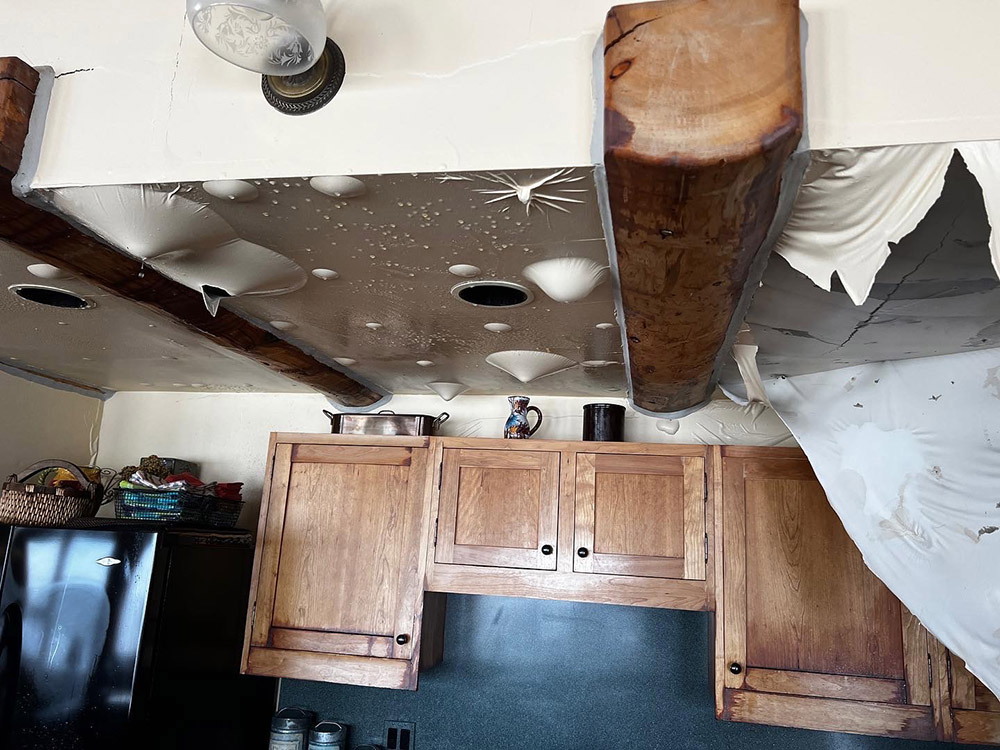7 Essential Tips for Handling Water Damage Emergency Situations
Water damage emergencies can occur unexpectedly and cause significant damage to your property. Whether it's due to a burst pipe, overflowing bathtub, or severe weather, it's crucial to know how to handle such situations effectively. Here are seven essential tips to help you navigate through a water damage emergency situations:
1. Ensure Personal Safety
Prioritize your safety and that of your family members. If the water damage is extensive or involves contaminated water, it's best to evacuate the premises until professionals deem it safe to return. Remember to turn off the electrical power to prevent any potential hazards.
2. Stop the Water Source
If the water damage is caused by a burst pipe or leaking appliance, locate the main water supply valve and shut it off immediately. This will prevent further water flow and minimize the damage.
3. Remove Excess Water
Using buckets, mops, or a wet/dry vacuum, start removing any standing water from your property. This step should be taken as quickly as possible to prevent further damage and the growth of mold and mildew.
4. Salvage Important Belongings
While removing excess water, try to salvage any important belongings that are at risk of water damage. Move furniture, electronics, and other valuable items to a dry area. If items are soaked, place them in a well-ventilated space to expedite the drying process.
5. Document the Damage
Take photos or videos of the water damage for insurance purposes. Documenting the extent of the damage will help when filing a claim and ensure that you receive appropriate compensation for repairs and restoration.
6. Contact Water Damage Restoration Professionals
After ensuring your safety and minimizing further damage, contact a reputable water damage restoration company. These professionals are equipped with the necessary tools and expertise to assess the situation, remove excess water, dry the affected areas, and restore your property to its pre-damage condition. They can also provide valuable guidance on filing an insurance claim.
7. Prevent Future Water Damage
Once the water damage emergency has been resolved, take steps to prevent future incidents. Regularly inspect and maintain your plumbing system, ensure proper drainage around your property, and consider installing water leak detection devices. Being proactive can save you from potential water damage headaches in the future.
Handling a water damage emergency can be a stressful experience, but following these essential tips can help mitigate the extent of the damage and ensure a smoother recovery process. Remember, safety should always be your top priority, so don't hesitate to seek professional help when needed.
